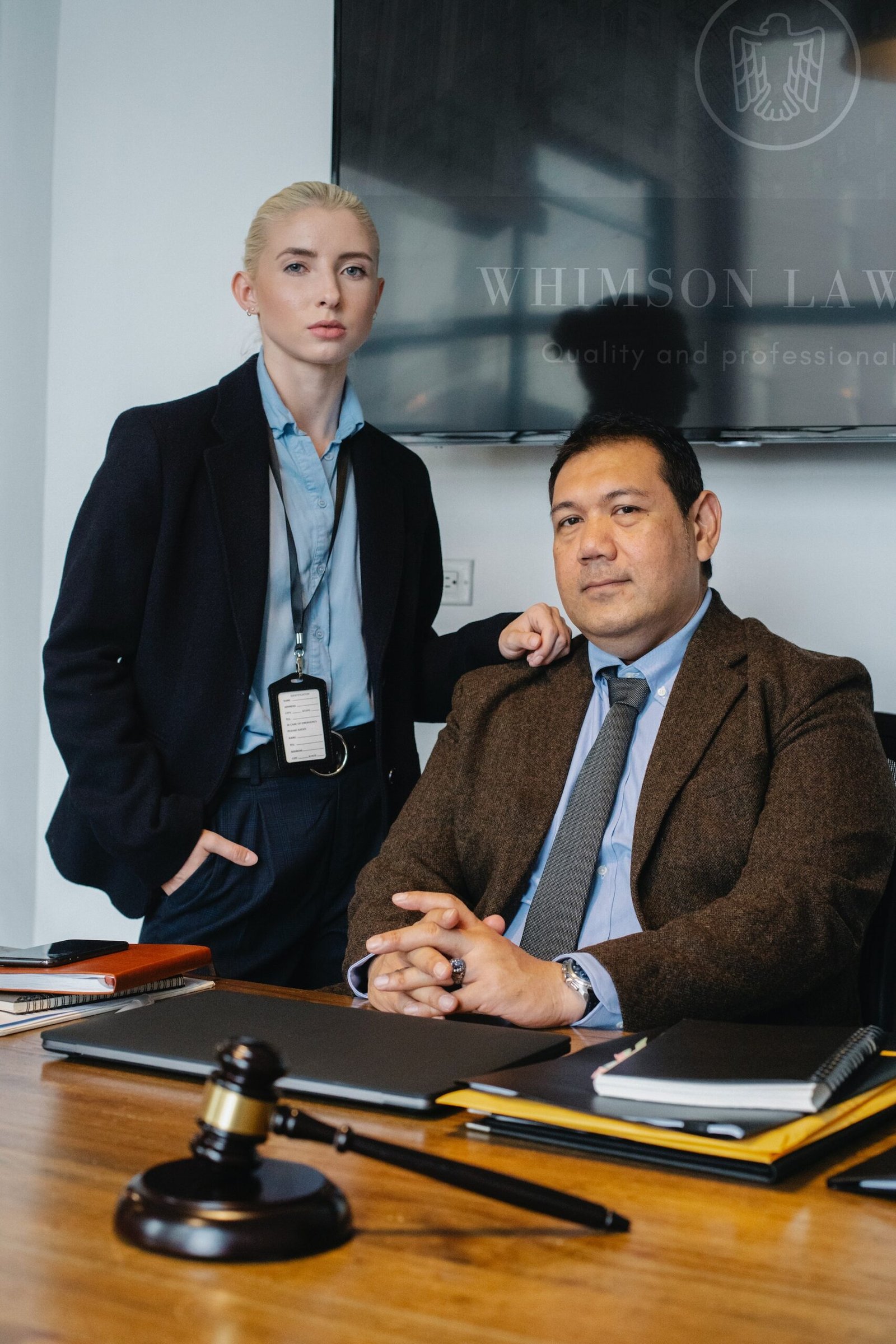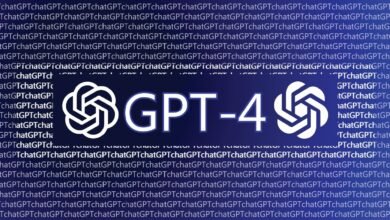ChatGPT and its use in legal research and analysis

ChatGPT is a powerful AI tool that has shown potential in many industries, including legal research and analysis. We will explore ChatGPT’s use in the legal industry, its benefits and limitations, and the potential impact it could have on the practice of law.
What is ChatGPT?
ChatGPT is a natural language processing tool developed by OpenAI that uses deep learning algorithms to generate human-like responses. It can be used for a variety of applications, including answering questions, summarizing text, and generating text.
ChatGPT in Legal Research and Analysis
In the legal industry, ChatGPT can be used to assist with legal research and analysis. ChatGPT can analyze legal documents and provide insights into the law, including case law, statutory law, and legal precedents. It can also be used to identify patterns and trends in legal documents and to provide recommendations for legal strategies and arguments.
One of the key benefits of using ChatGPT in legal research and analysis is its ability to analyze vast amounts of legal data quickly and accurately. This can help lawyers and legal professionals save time and improve the quality of their legal research. ChatGPT can also assist with legal writing, including drafting legal documents and writing legal opinions.
Benefits and Limitations
The benefits of using ChatGPT in legal research and analysis are significant. It can provide legal professionals with valuable insights and support in making informed decisions about legal strategy and argumentation. ChatGPT can also help reduce the time and resources required for legal research, improving efficiency and productivity in the legal industry.
However, there are also limitations to ChatGPT’s use in legal research and analysis. One of the main limitations is the potential for bias in the training data. ChatGPT is trained on large datasets of existing legal texts, which may contain biases or inaccuracies that can impact its ability to accurately analyze legal documents. It is important to continually monitor and adjust the training data to reduce bias and ensure that ChatGPT provides accurate insights and recommendations.
Another limitation of ChatGPT’s use in the legal industry is the importance of human oversight. While ChatGPT can provide valuable insights and support, it is not a substitute for legal professionals. Human oversight is critical in ensuring that ChatGPT’s recommendations are appropriate and in line with legal best practices.
Impact on the Legal Industry
The potential impact of ChatGPT’s use in legal research and analysis is significant. It can help improve the efficiency and productivity of the legal industry, leading to better legal outcomes for clients. ChatGPT’s ability to analyze vast amounts of legal data quickly and accurately can also help lawyers and legal professionals identify patterns and trends in legal documents that may not be immediately apparent, leading to better legal strategies and arguments.
In conclusion, ChatGPT’s use in legal research and analysis has the potential to transform the legal industry. It can provide legal professionals with valuable insights and support, leading to better legal outcomes for clients. However, it is important to recognize the limitations of this technology, including the potential for bias in the training data and the importance of human oversight. As AI technology continues to evolve, we can expect to see further improvements in ChatGPT’s ability to support legal professionals in research and analysis.






